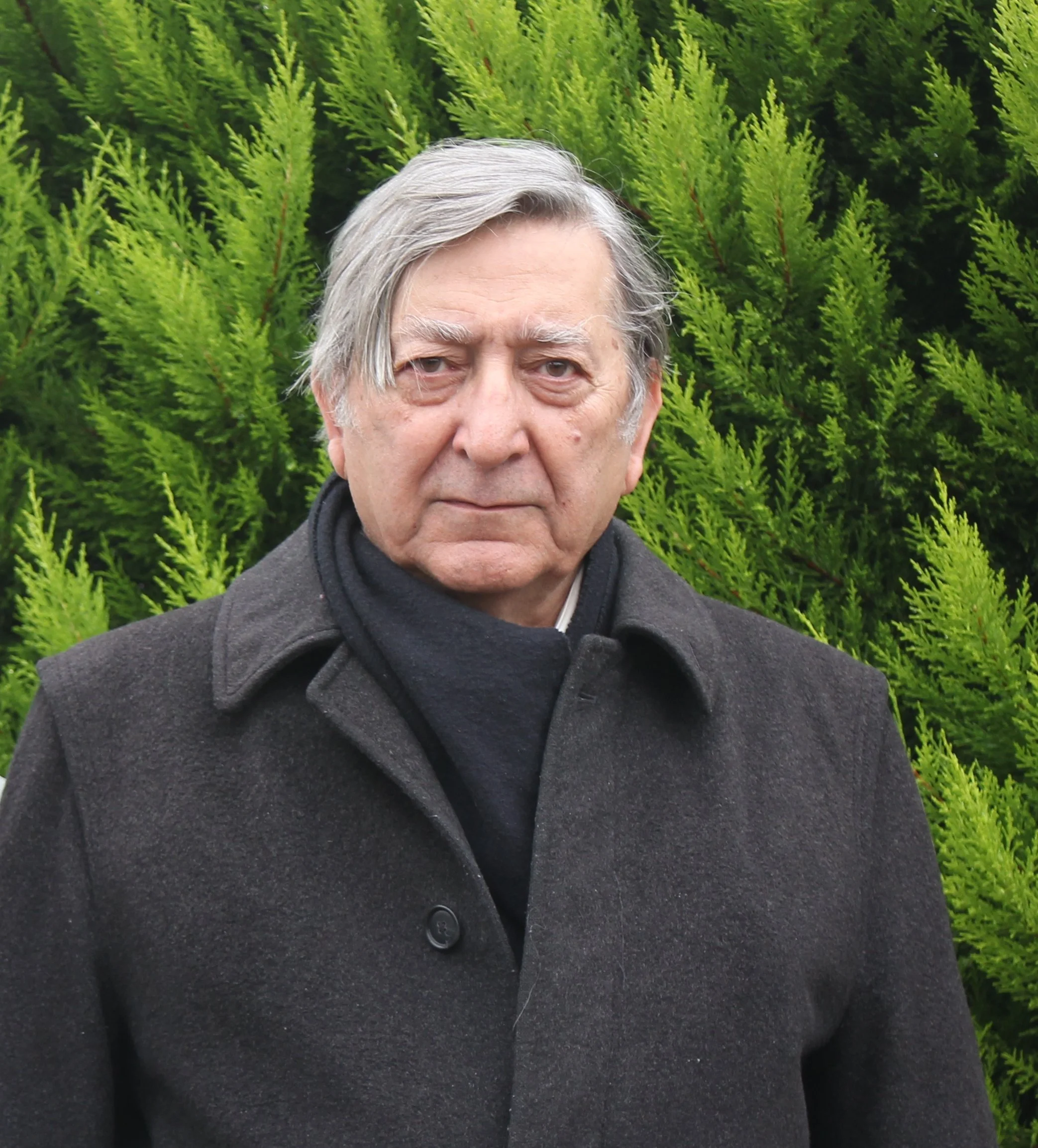Alireza Mashayekhi is regarded as a pioneer Iranian avant-garde composer whose ideas and works, which have been performed in Iran and abroad for more than 35 years, have greatly influenced the contemporary music in Iran. He was born in 1940 in Tehran and began learning Persian music under Lotfollah Mofakham-Payan, studied composition with Hossein Nasehi and the piano under Ophelia Kombajian. He continued his studies in composition in Vienna under Hanns Jelinek and Karl Schiske. His acquaintance with Hanns Jelinek encouraged him to explore a wide spectrum of 20th century music. Such explorations accompanied by his deep interest in Iranian culture were the cornerstones of his artistic and stylistic development.
Having completed his studies at the Akademie für Musik und Darstellende Kunst in Vienna, he went to Utrecht, the Netherlands, to pursue his further study in electronic and computer music, which also included attending lectures by Gottfried Michael König. In 1993, along with pianist Farima Ghavam-Sadri, Mashayekhi founded the Tehran Contemporary Music Group. In 1995 he established the Iranian Orchestra for New Music, which released its first recording in 2002 on Hermes Records. Mashayekhi's music circulates between a range of styles and genres, from classical compositions inspired by Persian rhythms and Iranian folk music that incorporate meditated repetition and polyphony, to atonal compositions, to works for tape and live electronics that combine traditional Iranian and Western instruments.
Mashayekhi calls his compositional practice "Meta-X," referring to the sonic multiplicities present in his work (as contradictions of tonal/atonal, improvised/pre-defined, Persian/non-Persian) that unify within a single musical piece. Mashayekhi is an author of several books and has been teaching composition at the MusicDepartment of the University of Tehran, Faculty of Fine Arts, since 1970.

